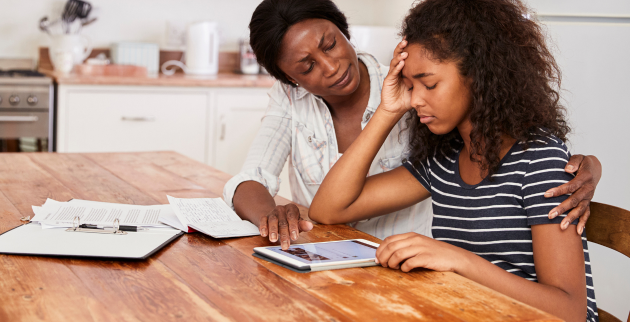Eating disorders

Eating disorders happen when a person has an emotional issue or behaviour with food that makes it harder to eat healthily.
For some people, eating can become a problem. This can happen to people of any size and age, and it happens to people of any gender.
Eating disorders can become very serious. It is important to ask for help if you need it.
Take action: Everyone benefits from having a healthy relationship with food.
Types of Eating Disorder
There are many different kinds of eating disorder, but all include eating too much, too little, or eating the wrong kinds of food.
Instant expert: Find out more about different types of eating disorders on the NHS website.
If you, or a friend, have a concern
Young people who are worried about eating disorders sometimes spend a lot of time talking to their friends or research eating disorders on the internet. This can make problems worse.
A safer approach is to talk to your school health nurse or your GP, with or without your parent/ carer.
Take action: There is lots of helpful information about tackling eating disorders on the Oxfordshire CAHMS website.
Bigorexia, orthorexia and over-exercising
Bigorexia, sometimes called muscle dysmorphia, refers to someone damaging health through building bulk and muscle.
Risky levels of exercise, extreme diets and taking non-prescription drugs like steroids or diet pills can all cause serious health problems.
Orthorexia is when someone eating what they think is a healthy diet starts to cause them health problems.
Sometimes eating disorders can be combined with exercising at risky levels.
Tale action: People who are sleep deprived are more likely to eat too much or too little. Find out more about improving your sleep.


